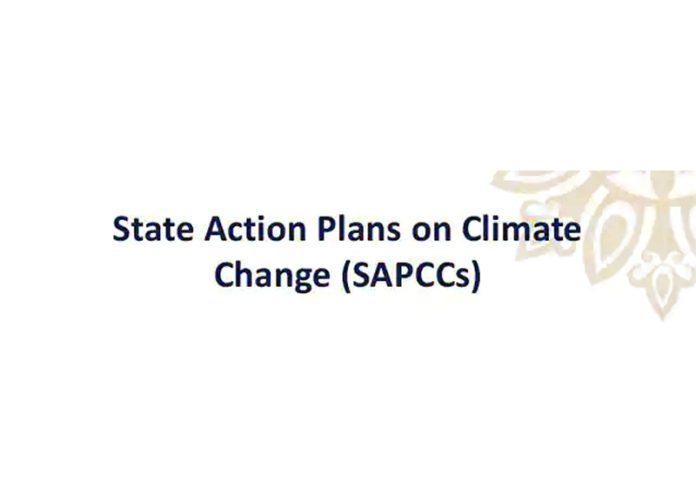Suhail Bhat
SRINAGAR, Mar 15: After a decade of languishing in paperwork, the State Action for Climate Change (SAPCC) in Jammu and Kashmir is finally showing signs of progress as it nears completion, with anticipation of finalisation by the end of this month.
Amid unmistakable indicators of climate change, such as prolonged dry spells and increasingly above-average temperatures, the administration has mobilised efforts to draft a policy document aimed at mitigating its impact.
The envisioned plan seeks to fortify Jammu and Kashmir as a “climate-resilient region” through tailored “adaptation and mitigation” strategies. “After years of inaction, we sped up the work on it last year, and if the departments that were engaged in the process will send timely inputs, the policy document will be ready for review by the end of this month,” an official from the Environment and Remote Sensing department, said.
The upcoming document will undergo scrutiny at the micro-level, capturing nuances of climate variability specific to localities. “It will be a robust and practical policy document that will serve as an important monitoring tool to address issues at the micro level and ensure action accordingly,” he added.
Despite the approval of the SAPCC plan by the central government in 2014, its effective implementation has remained elusive for Jammu and Kashmir over the past decade. An official attributed this lapse to inherent flaws in the initial document, stressing the absence of vulnerability assessments and regional climate models. “The prior strategy suffered from numerous shortcomings, including the absence of a vulnerability assessment and inadequate funding,” said an official.
He said that with an estimated cost of Rs 6,000 Crore for mitigation measures, the lack of financial support hindered progress. “A comprehensive plan is imperative for building resilience against climate change,” he said.
Experts echo concerns regarding the efficacy of the SAPCC, noting its limited impact on the ground. “While the national climate change action plan was developed in tandem with the SAPCC, tangible progress has been minimal,” an expert said.
He added that despite mandates dating back to the release of the National Action Plan on Climate Change in 2008, Jammu and Kashmir’s efforts have fallen short. “The establishment of the National Adaptation Fund on Climate Change in 2015 aimed to support state initiatives, yet substantive outcomes remain elusive,” he said.
Trending Now
E-Paper




